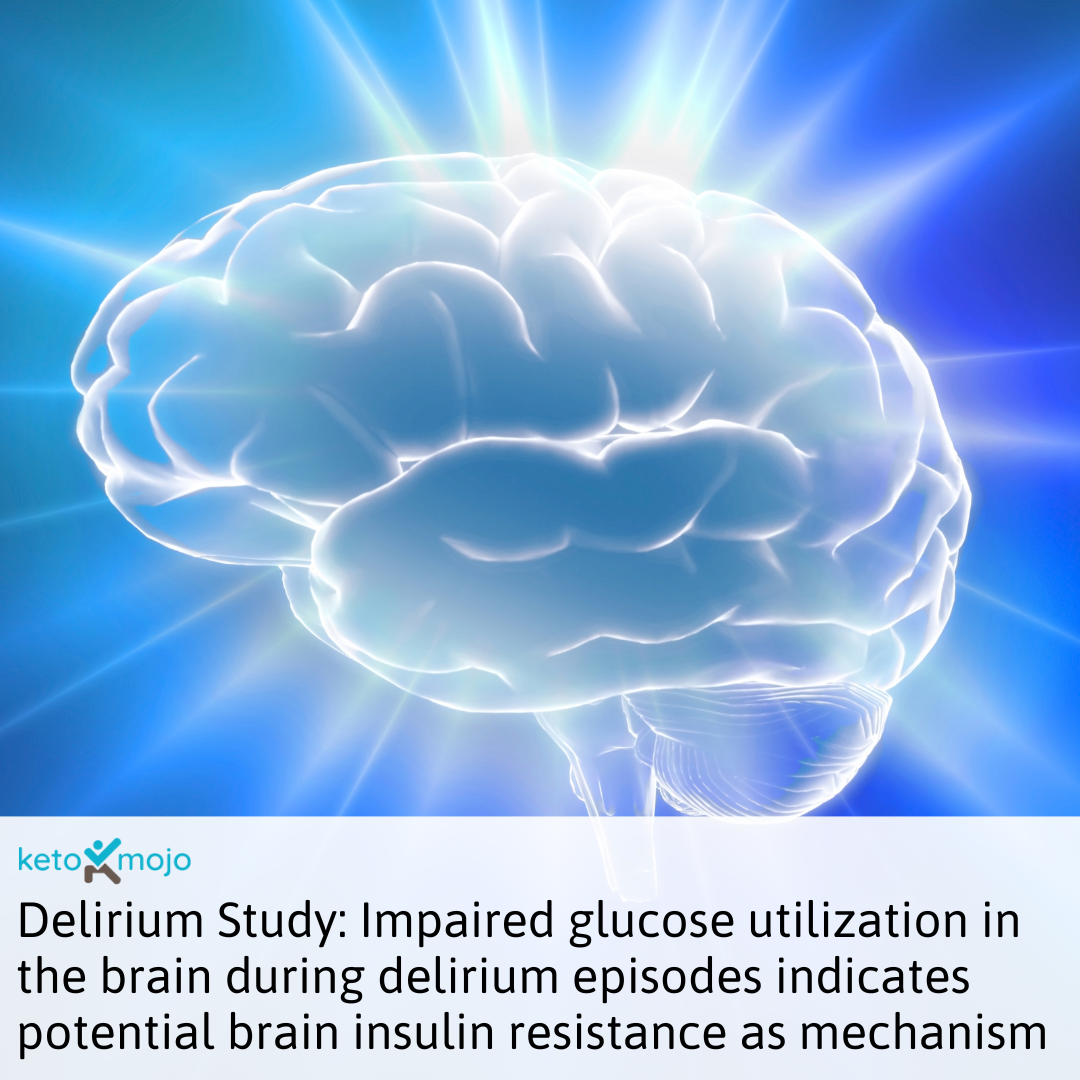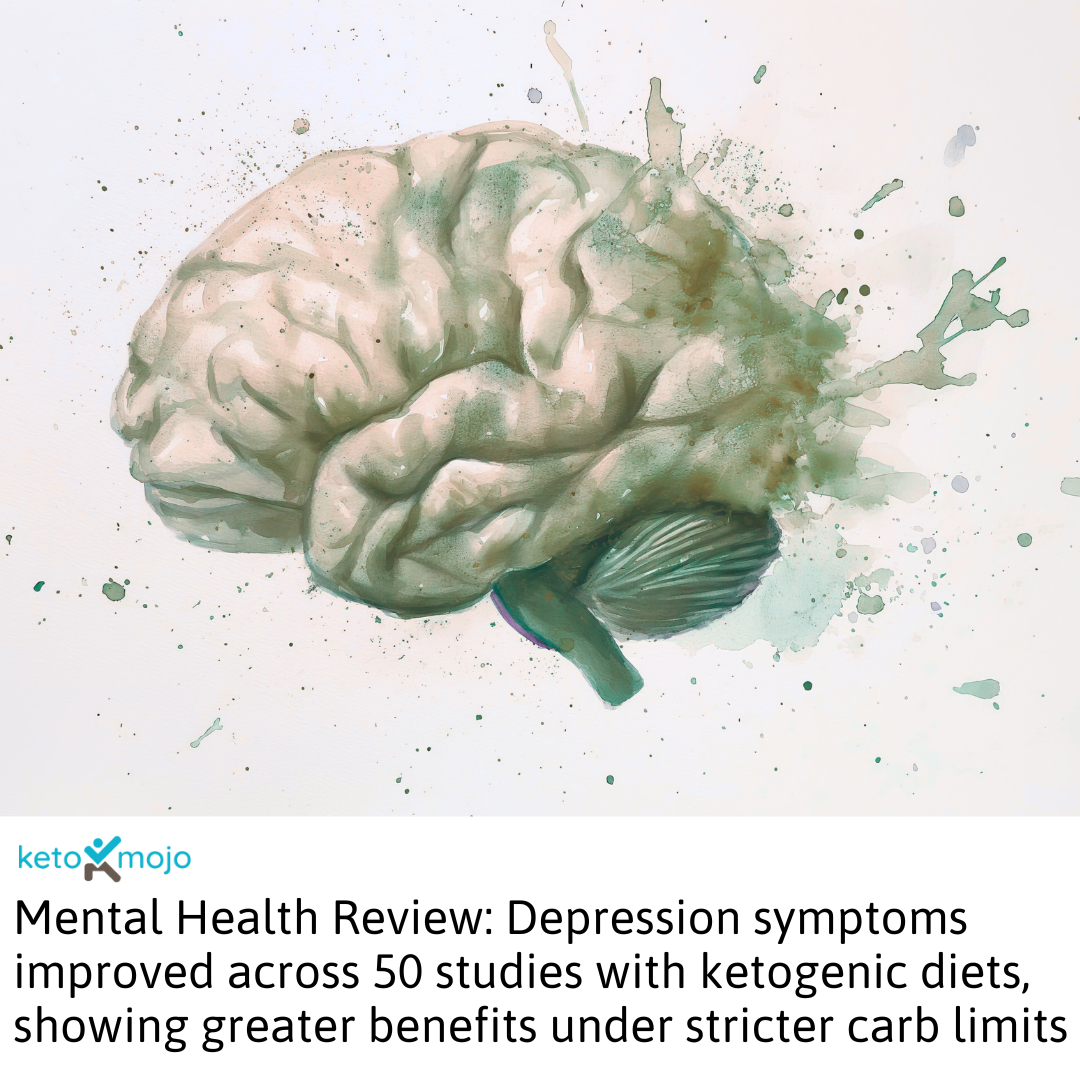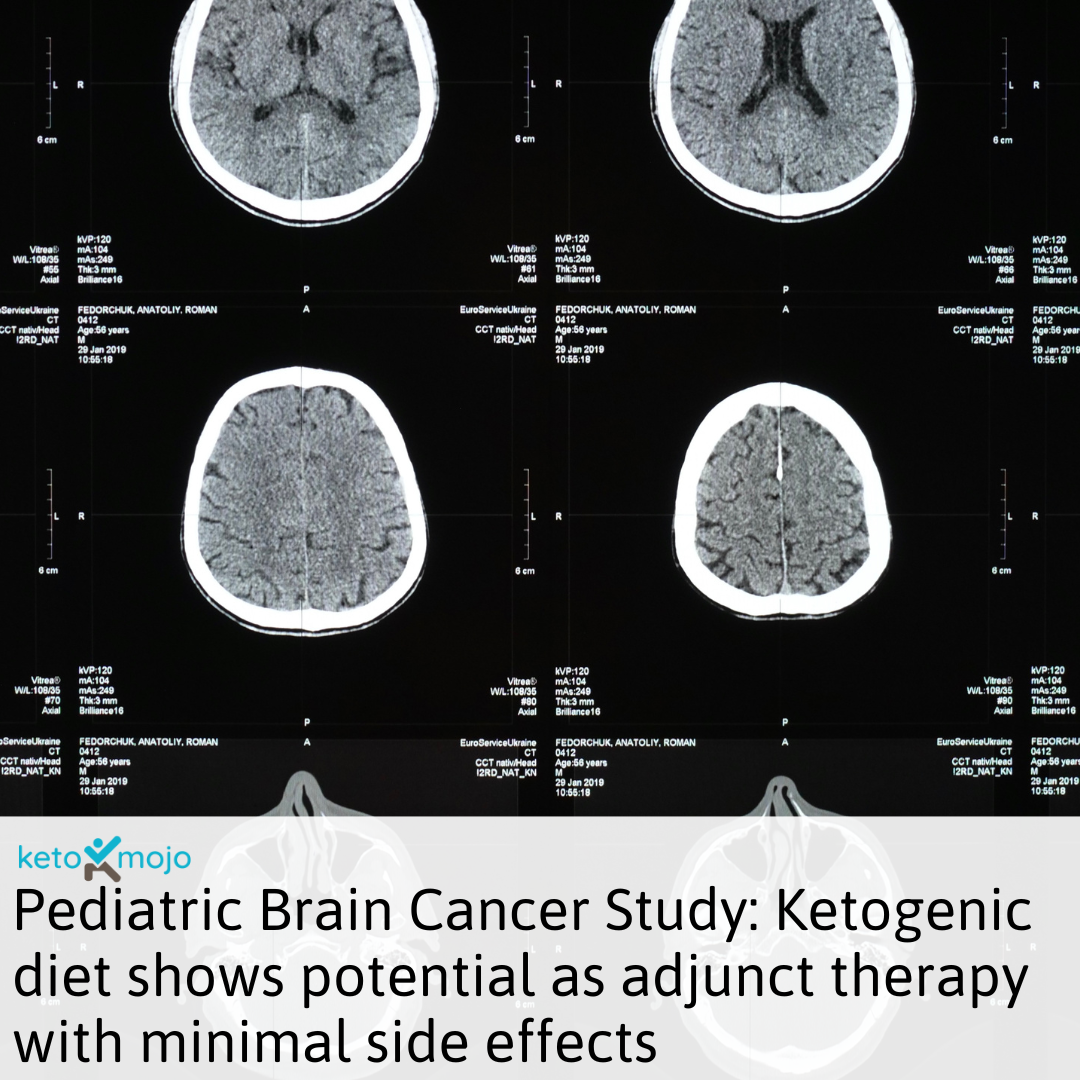General Health, Musculoskeletal, Neurology
Impaired glucose utilization in the brain of patients with delirium following hip fracture

Exploring Metabolic Factors in Delirium Among Elderly Patients
For over six decades, insufficient cerebral energy metabolism has been proposed as a cause of delirium, supported by studies on hypoxia, hypoglycemia, and glucose hypometabolism in PET studies. Recent research delves deeper into this hypothesis by studying serum and cerebrospinal fluid metabolites in elderly patients hospitalized for hip fracture repairs.
Study Overview:
→ Participants: 406 elderly patients undergoing hip fracture repairs
→ Samples: Cerebrospinal fluid and serum samples at the commencement of spinal anesthesia; concurrent serum samples from a subset of 213 patients
Key Findings:
→ 55% of patients experienced delirium before or after surgery
→ Patients with delirium had significantly higher levels of ketone bodies (acetoacetate and β-hydroxybutyrate) and branched-chain amino acids in cerebrospinal fluid, but not in serum
→ The role of astrocytes may be crucial, suggesting increased ketone body production or uptake from blood, or decreased brain utilization of ketones during delirium
Conclusion: These findings suggest hampered glucose utilization in the brain during delirium episodes, indicating potential brain insulin resistance as a mechanism. Further research is needed to explore this hypothesis.






